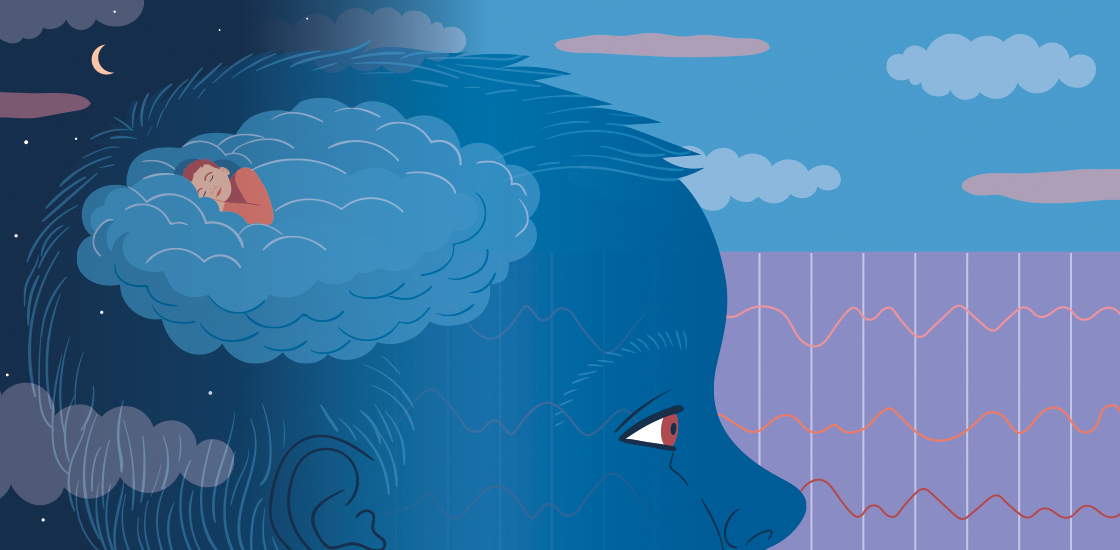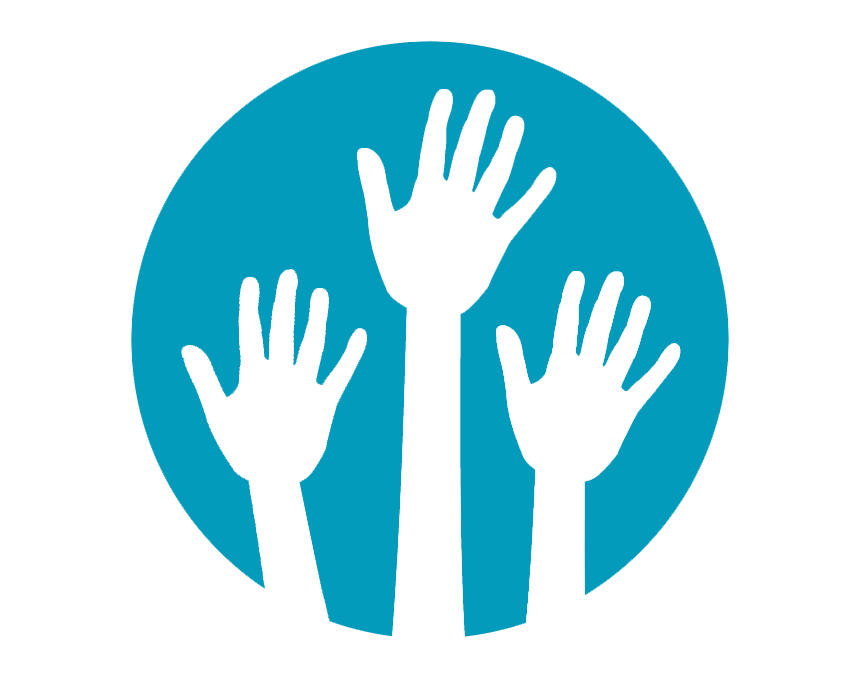



Exploring a new intervention approach for children with ASD and sleep disorders
A Clinical Pilot Trial
If your child has been diagnosed with autism spectrum disorder (ASD) and sleep disorder or reported sleep difficulties such as sleep anxiety, bedtime resistance, sleep-onset delays, shorter sleep duration, frequent and prolonged night waking, parasomnia, insomnia, low sleep efficiency, early waking, and/or daytime sleepiness, please fill the Expression Of Interest form below to discuss possible participation in a research study using an individualised, non-pharmacological and non-invasive treatment option for improving ASD core deficits and sleep difficulties.
This research study has ethics approval number S221766 and is registered under the Australian New Zealand Clinical Trials Registry (ANZCTR): ACTRN12623000757617
Why Participate ?
- Your child may experience improved sleep
- Your child may experience improved social, communication, and behavioural skills.
- Your child may experience an improved quality of life.
- You may experience an improved quality of life and wellbeing as a primary caregiver.
Who can participate?

- Children between 6-12 years old with a diagnosis of ASD (level 2) and with sleep difficulties and who can undergo 2 to 4 sleep assessments using polysomnography (at-home sleep monitor) and actigraphy (wearable on the wrist);
- Who have never been treated with repetitive transcranial magnetic stimulation (rTMS) or EEG tailored transcranial magnetic stimulation (α-rTMS) before
What can I expect?
- You and your child must be able and willing to attend at least ten α-rTMS sessions (one per weekday for two consecutive weeks), including two electroencephalograms (EEGs) and at least two clinical consultations at the Brain Treatment Centre, Australia, located at 19-31 Dickson Road, Morayfield.
- You will be asked questions about your child’s medical history, current symptoms, and sleep patterns and how this affects your quality of life as a primary caregiver.
- We will show you how the at-home actigraphy and polysomnography work and be available to answer any questions you may have (after-service hours include).
- Participants on the National Disability Insurance Scheme (NDIS) who have never been treated with rTMS or α-rTMS are also welcomed to be part of this study.